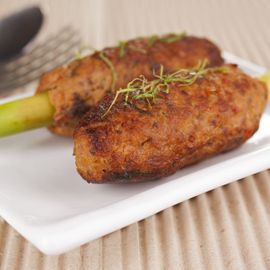Traditional Food During The Hindu-Balinese Religious Ceremony
Traditional Food During The Hindu-Balinese Religious Ceremony.
In Hinduism, food plays an important role in various rituals and worship. Food is one of the blessings that God bestows on his people. As a form of gratitude for the gift, Hindus often offer food during worship. Well, do you want to know what food menus that are common in Hindu-Balinese religious ceremonies? Let's look at the following article.
Traditional Food During the Religious Ceremony
There are some mandatory food menus that are often offered by Hindus when carrying out religious ceremonies. These foods will be used as offerings to God. After that, it will be enjoyed together with the family. Here are some foods that you will often find if you have the opportunity to attend a ritual ceremony carried out by Hindus-Balinese.
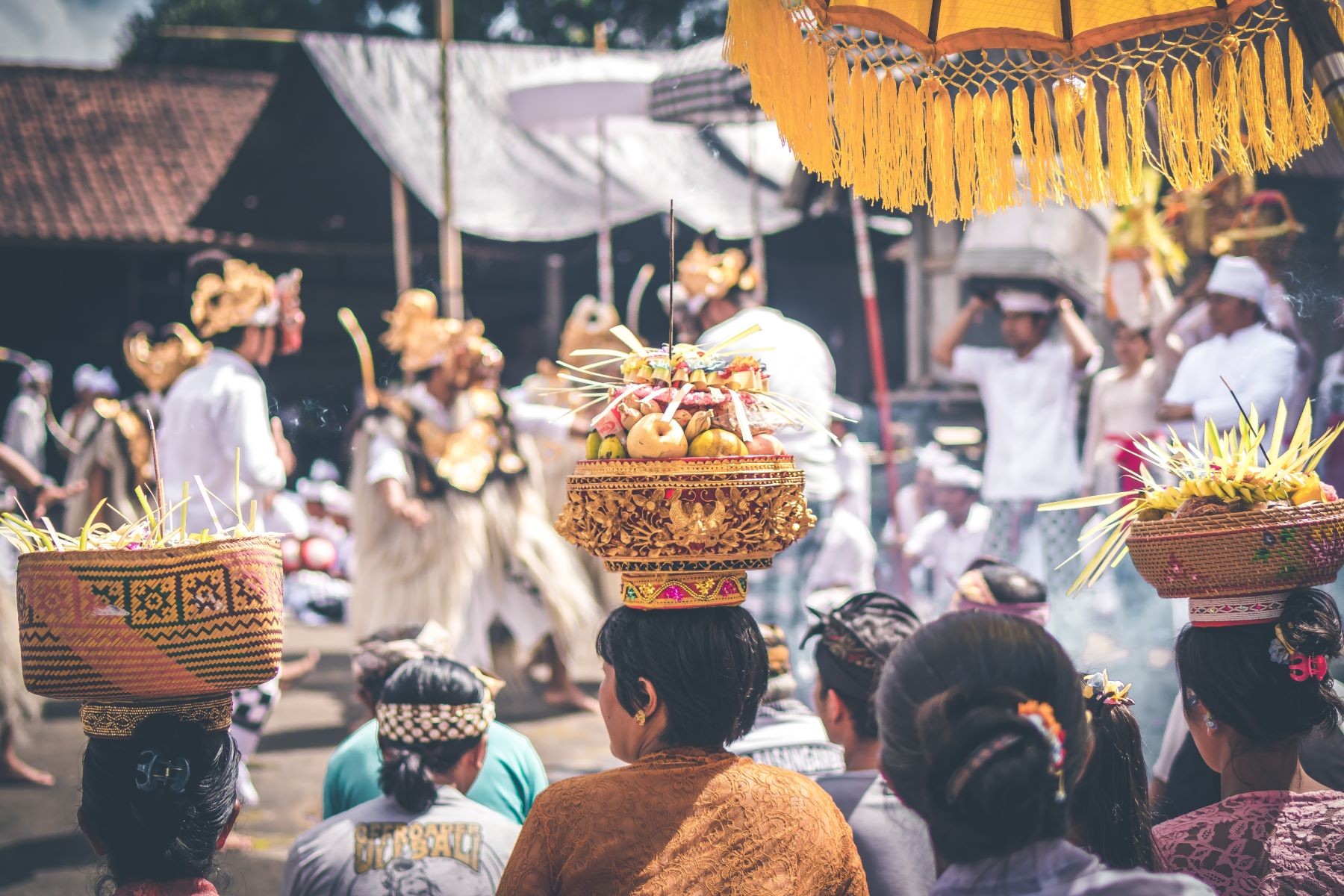
The first food could be familiar on your ears, it’s called Lawar. Lawar is made from a mixture of vegetables and minced meat, then spiced up with the Balinese flavor. Not only as special food, but Lawar is also the first choice in the cooking menu at every religious ceremony, family ritual, or non-family ritual event. If you are a fan of healthy food, you have to taste this menu.
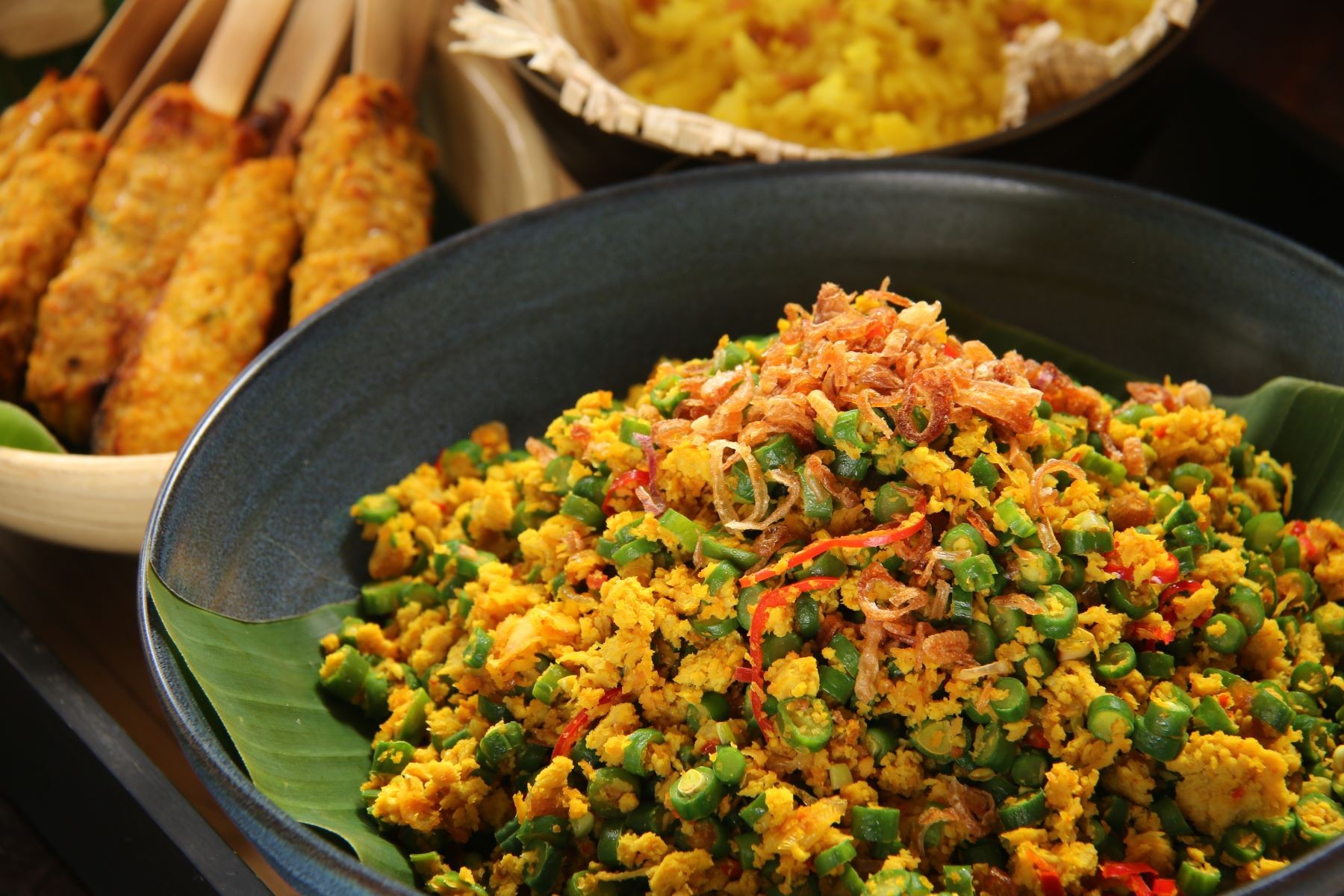
The next food menu is Chicken Betutu, made from chicken that is roasted in a husk fire. Before the chicken is roasted, some spices such as turmeric, ginger, kencur, galangal, onion, garlic, bay leaf, and chili are mashed and then put into the chicken to produce a savory and delicious taste. Betutu chickens are usually served at Odalan, Otonan, wedding ceremonies and so on.
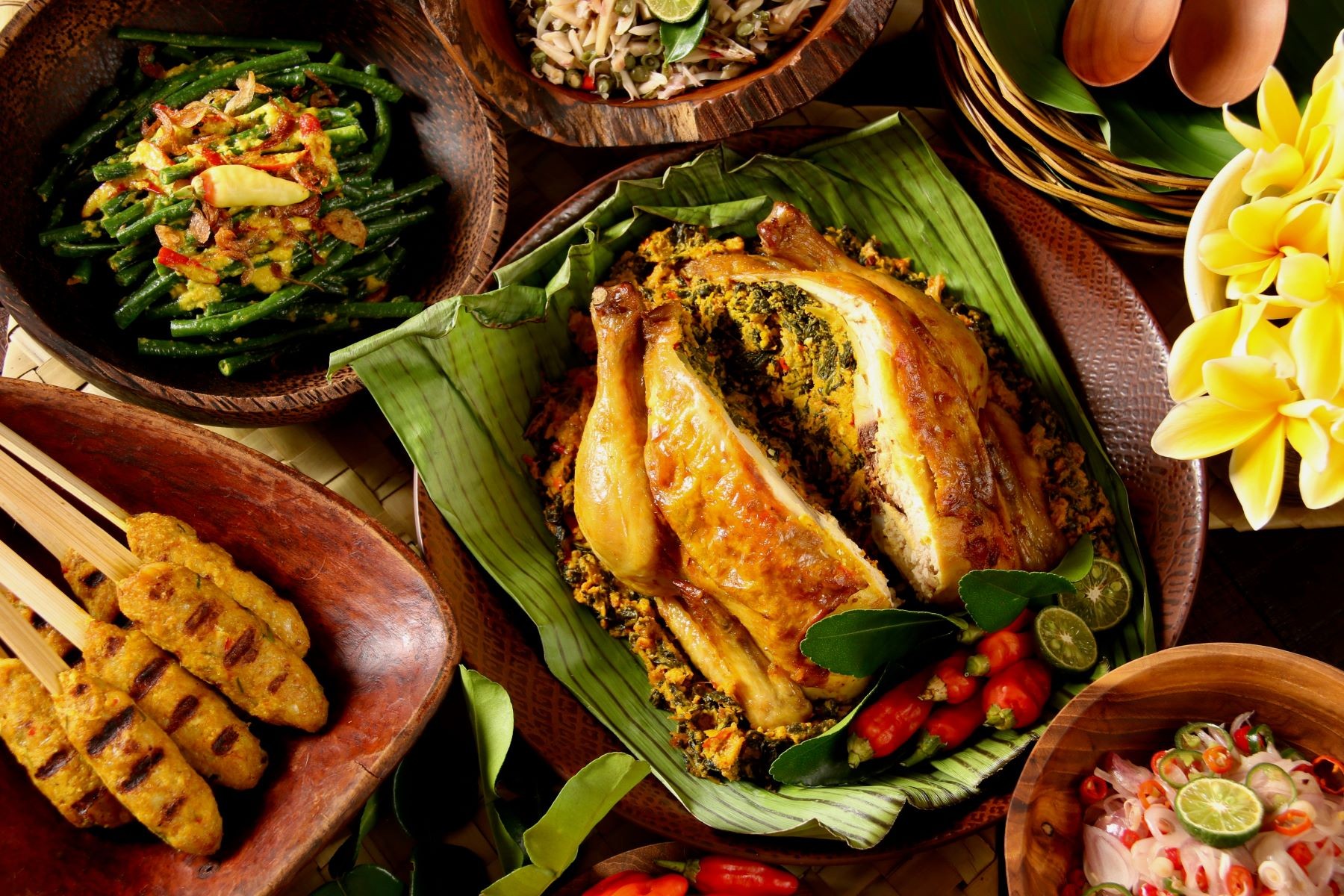
Besides Lawar and Chicken Betutu, there are also Entil Ketupat Sayur. It is a type of rice cake that is served with vegetables. To add to the delicious taste, you can enjoy entil with side dishes such as urap, serundeng, and vegetable sauce. In ancient times, Entil became the main menu on Nyepi Day.
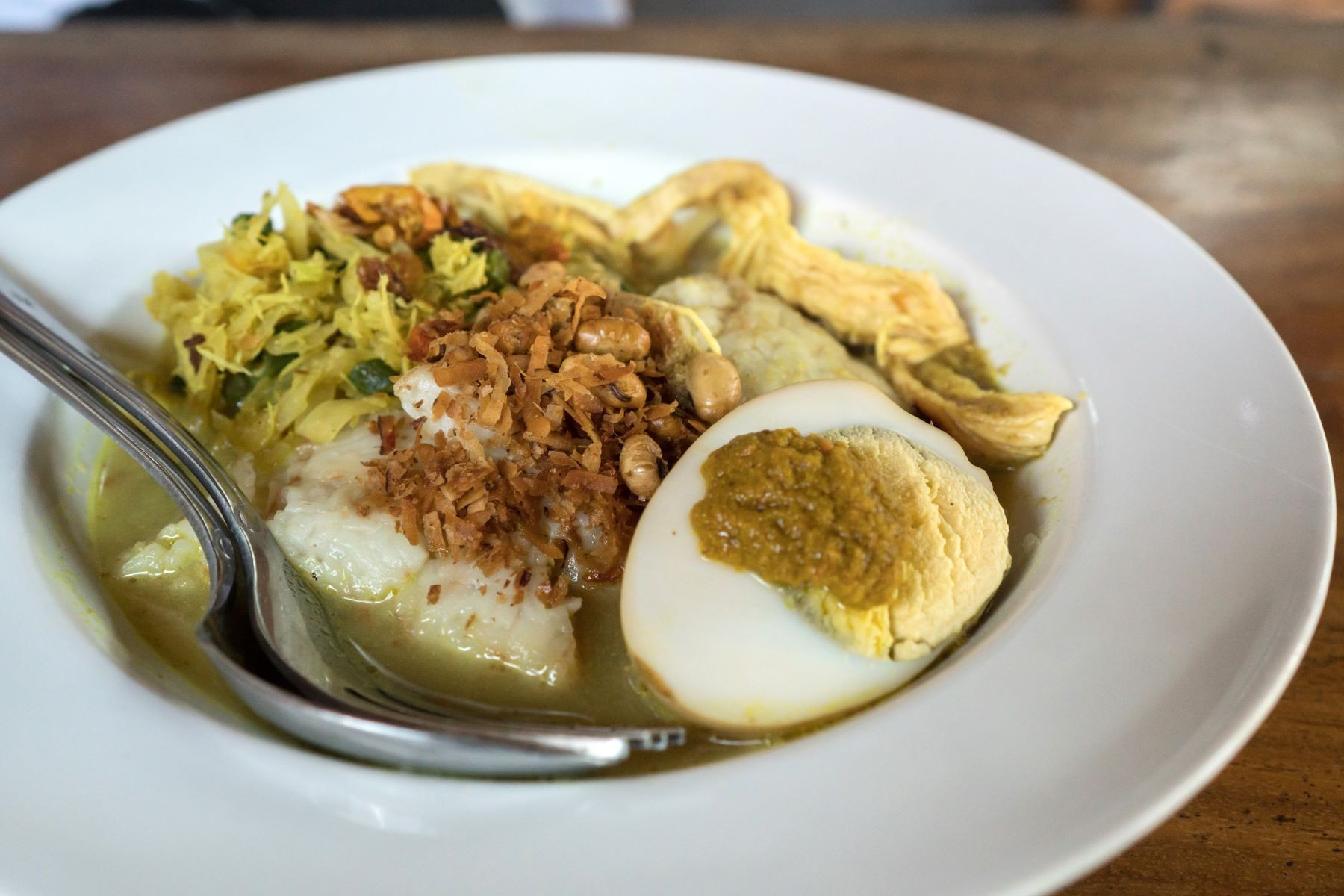
In addition, there are also some snacks such as Pulung Nyepi and Jaja Apem. Pulung Nyepi is one of the snacks eaten while celebrating the Dredging day, which is one day before the Nyepi day. The material is made from rice flour mixed with starch and then steamed, kneaded, shaped, then boiled until cooked, and served with grated young coconut on top. Whereas Jaja Apem is made from rice flour fermented with cassava tape and coconut water. It’s formed on a cone-shaped banana leaf then steamed until cooked.
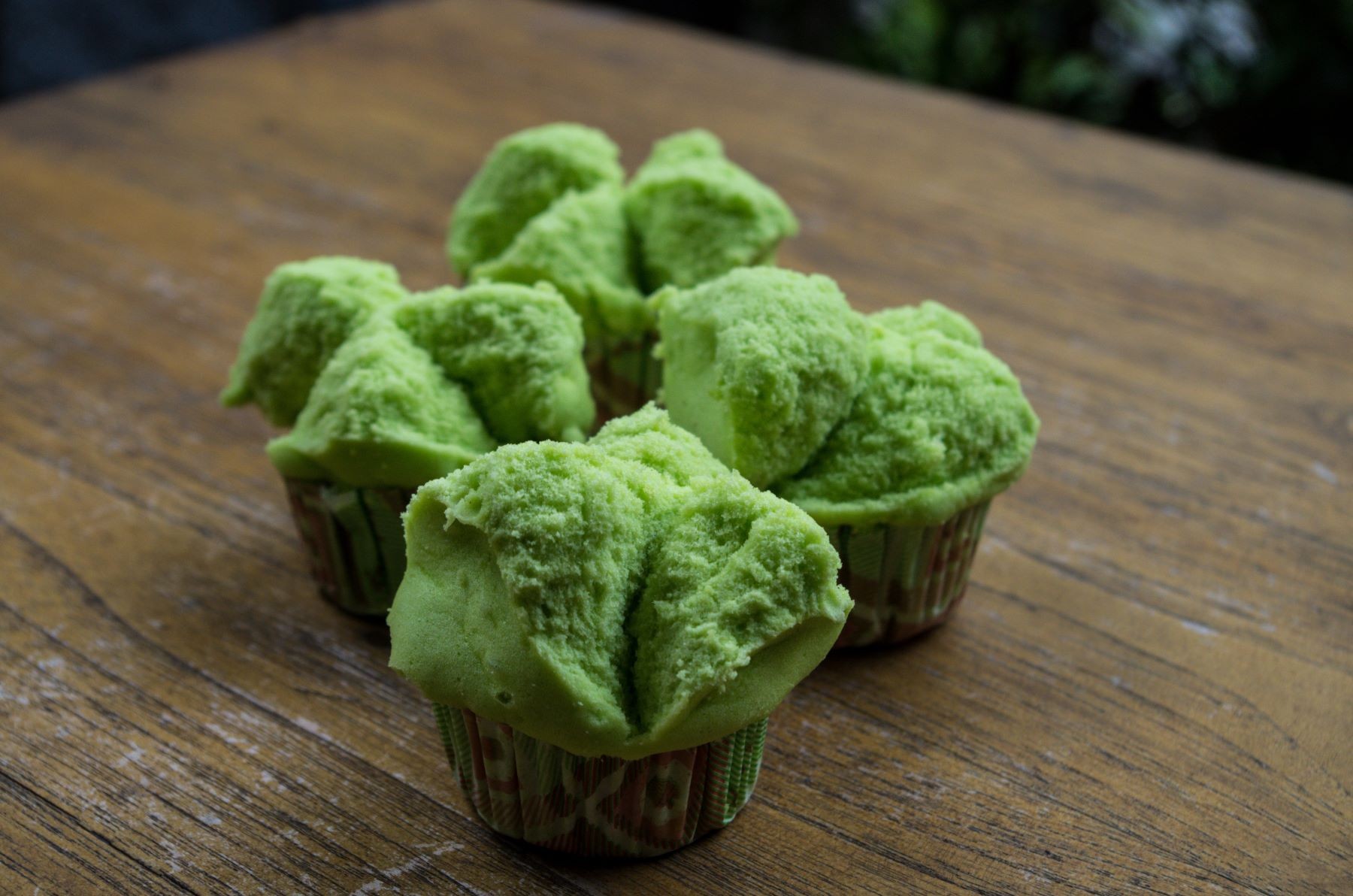
If you are curious about the taste of the foods above, you can try it. These foods aren’t only found during religious events, but you can buy it in the market and food stalls around Bali.








